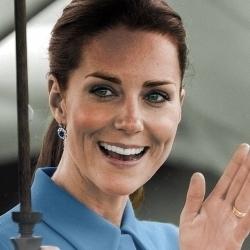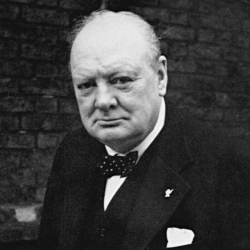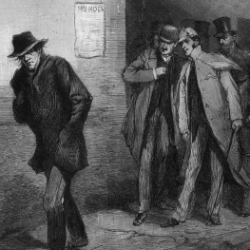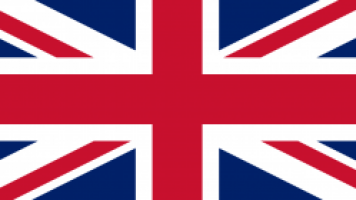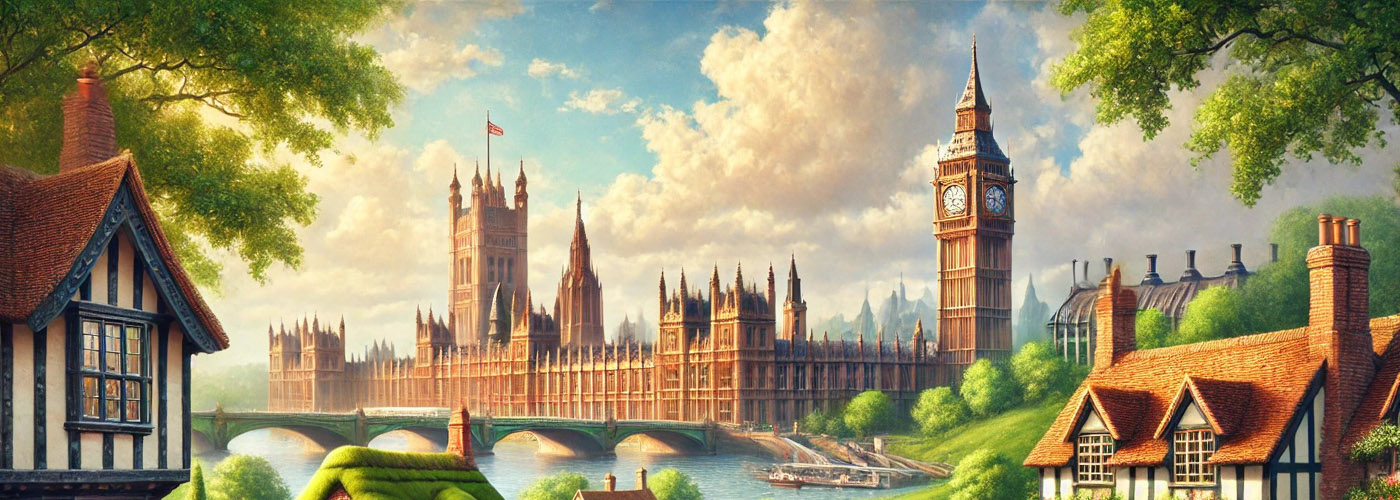
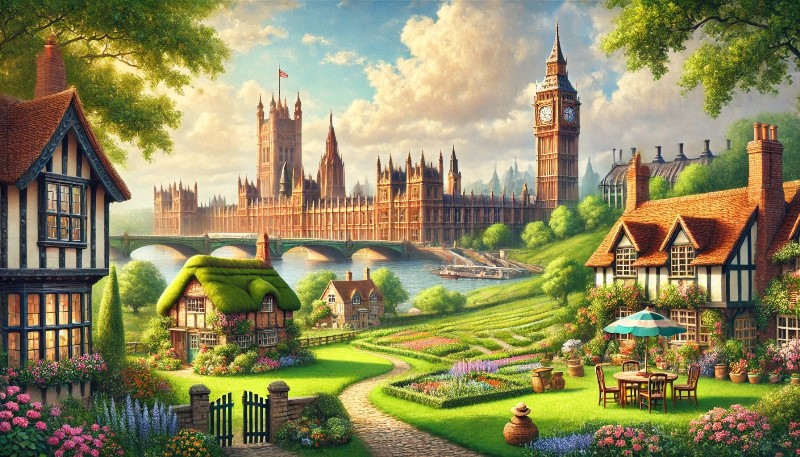
Vote for the best
in the United Kingdom
"Please vote for the best people in this country! If someone is missing, add them and don’t forget to comment. Thank you! Let the whole world know the best from this country. Thank you for your support!"
Last added
The Best Female singer
The Best Music Group
The Most beautiful woman
The Most beautiful animal
2025
Cache full!
Cookies and browser page data must be cleared.
More information in the menu.
The Most beautiful woman
The Most beautiful animal
The Best Female singer
The Best Music Group
Great Britain's Best Song
- 1) Elton John - I'm Still Standing 7 b
- 2) Robbie Williams - Feel 6 b
- 3) Adele - Hello 6 b
- 4) Joe Cocker - You are so beautiful 6 b
- 5) Ed Sheeran - Perfect 6 b
- 6) Ed Sheeran - Thinking Out Loud 6 b
- 7) Adele - Send My Love 5 b
- 8) Adele - Someone Like Yoy 5 b
- 9) Kiki Dee - Star 5 b
- 10) Ellie Goulding - Burn 5 b

The United Kingdom (UK), formally known as the United Kingdom of Great Britain and Northern Ireland, is a sovereign country located off the northwestern coast of mainland Europe. Comprising four nations—England, Scotland, Wales, and Northern Ireland—the UK has a rich history, diverse culture, and a significant global influence in various sectors, including politics, economics, and culture. It has long been one of the world’s most influential nations, shaping modern civilization in numerous ways.
Geography and Demographics
The United Kingdom spans an area of approximately 243,610 square kilometers, making it the 78th largest country in the world. It is surrounded by the Atlantic Ocean, the North Sea, the English Channel, and the Irish Sea. The country is made up of the island of Great Britain (comprising England, Scotland, and Wales), as well as the northeastern part of the island of Ireland (Northern Ireland) and several smaller islands.
The UK has a population of around 67 million people, with London, the capital and largest city, serving as a global hub for finance, politics, culture, and tourism. Other major cities include Birmingham, Manchester, Edinburgh, and Glasgow. The country is known for its ethnic diversity, with significant populations of immigrants from former colonies, as well as communities from various parts of the world.
History
The history of the United Kingdom is marked by its evolution from a collection of warring kingdoms to a unified entity and then an empire that spanned the globe. The history of the UK is deeply intertwined with its monarchy, which has had a significant influence on the development of its political system, society, and culture.
Ancient and Medieval History
The roots of the United Kingdom can be traced back to the ancient Celtic tribes that inhabited the British Isles. The Romans invaded the island in the first century AD, establishing the province of Britannia. After the Romans withdrew in the 5th century, the island was invaded by Germanic tribes, including the Angles, Saxons, and Jutes.
In the 11th century, the Norman Conquest led by William the Conqueror dramatically altered the structure of English society. The subsequent centuries saw a gradual unification of the various kingdoms of Britain, with the English monarchy emerging as the dominant force by the late Middle Ages.
The Rise of the British Empire
The British Empire, which began to take shape in the 16th and 17th centuries, became the largest empire in history. It expanded through colonization, trade, and conquest, with territories spanning every continent. By the early 20th century, the British Empire controlled vast regions, including India, parts of Africa, and many territories in the Americas and the Pacific.
This imperial dominance played a major role in shaping the modern world. However, the two World Wars of the 20th century led to the decline of the British Empire. After World War II, the UK decolonized many of its territories, leading to the creation of the Commonwealth of Nations, a political association of countries, many of which were former colonies.
Modern History
In the post-war era, the UK underwent significant social, economic, and political changes. The 20th century saw the rise of the welfare state, the National Health Service (NHS) in 1948, and the granting of independence to former colonies. The UK also became a member of the European Economic Community (EEC) in 1973, later evolving into the European Union (EU). However, in 2016, the UK voted in a referendum to leave the EU, an event commonly referred to as "Brexit." The impact of Brexit continues to shape the political landscape of the UK.
Government and Politics
The United Kingdom is a constitutional monarchy and a parliamentary democracy. The monarchy, headed by Queen Elizabeth II (as of 2021), is largely ceremonial, with real political power residing in Parliament. The UK is governed by a Prime Minister, who is the head of government and is usually the leader of the party with the most seats in the House of Commons.
The UK Parliament consists of two houses: the House of Commons, where Members of Parliament (MPs) are elected, and the House of Lords, which is made up of appointed members, including life peers and bishops. The UK’s legal and political system is based on common law, a tradition that has influenced legal systems worldwide.
The four nations that make up the United Kingdom—England, Scotland, Wales, and Northern Ireland—each have their own distinct culture, legal systems, and, to varying degrees, devolved governments. Scotland, Wales, and Northern Ireland have their own parliaments or assemblies with powers over certain areas, such as health and education, but certain key issues, such as defense and foreign policy, remain under the control of the UK government in Westminster.
Economy
The United Kingdom has the sixth-largest economy in the world by nominal GDP. Its economy is highly developed and diverse, with key industries including finance, manufacturing, technology, healthcare, and services. London, the capital, is one of the world’s leading financial centers, housing the London Stock Exchange and many international banks and corporations.
The UK has a long history of innovation and industrialization, beginning with the Industrial Revolution in the late 18th century. Today, it remains at the forefront of industries such as aerospace, pharmaceuticals, and information technology.
Despite its strong economy, the UK faces challenges, including high levels of government debt, regional economic disparities, and the economic implications of Brexit. Since leaving the European Union, the UK has had to renegotiate trade deals and adjust to new economic relationships with its European neighbors and the wider world.
Culture and Society
The United Kingdom is renowned for its cultural contributions to the world, including literature, music, theater, and art. Famous writers such as William Shakespeare, Charles Dickens, and J.R.R. Tolkien have left a lasting impact on global literature. The British music scene has produced some of the world’s most influential bands and musicians, including The Beatles, The Rolling Stones, Adele, and Ed Sheeran.
The UK is also known for its contributions to cinema, fashion, and popular culture. The BBC, one of the oldest and most respected broadcasting organizations in the world, plays a central role in shaping public opinion and providing news, education, and entertainment. British fashion has had a lasting influence on global trends, with designers such as Alexander McQueen and Vivienne Westwood gaining international acclaim.
British cuisine, often considered understated, includes classic dishes such as fish and chips, roast dinners, and traditional breakfasts. While British food has a reputation for being hearty and simple, the multicultural nature of the country has led to the incorporation of diverse culinary influences from around the world.
The UK is also home to a vibrant sporting culture, with football (soccer) being the most popular sport. Rugby, cricket, tennis, and athletics are also widely followed, and the UK hosts major sporting events such as Wimbledon and the Premier League.
Education
The United Kingdom has a highly respected education system, with both primary and secondary education being compulsory for children between the ages of 5 and 18. The UK is home to some of the world’s most prestigious universities, including the University of Oxford, the University of Cambridge, and Imperial College London.
Higher education in the UK is internationally recognized, and the country attracts students from around the globe. The UK’s emphasis on academic rigor, research, and innovation has led to a strong legacy in scientific and technological advancements.
Conclusion
The United Kingdom is a country with a rich history, diverse culture, and global influence. From its political institutions to its cultural contributions, the UK continues to play a significant role on the world stage. Despite facing challenges such as the impact of Brexit and evolving global dynamics, the UK remains a vibrant, dynamic country with a promising future, shaped by its past and its ever-evolving society.









